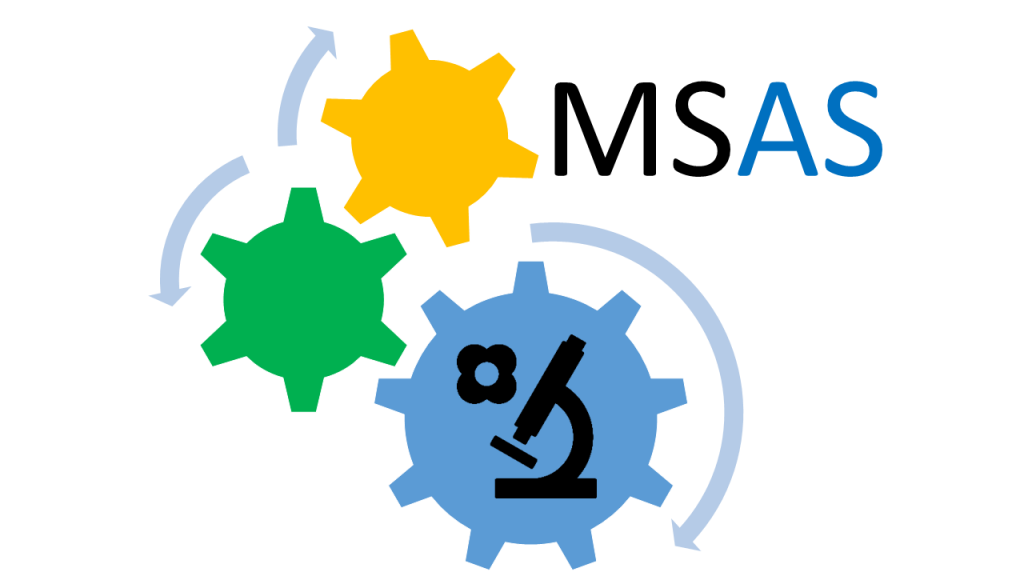
Carnegie Mellon University and Emerald Cloud Lab to Build World’s First University Cloud Lab
Automated laboratory will provide researchers with state-of-the-art facilities for life sciences and chemistry research
Carnegie Mellon University and Emerald Cloud Lab (ECL) have entered into a partnership to build the world’s first cloud lab in an academic setting. The remote-controlled lab will provide a universal platform for artificial intelligence-driven experimentation and revolutionize how academic laboratory research and education are done, accelerating the pace of discovery as part of Carnegie Mellon’s $250 million investment in state-of-the-art science facilities.
The Carnegie Mellon University Cloud Lab will be based on the commercial cloud lab platform created by the San Francisco-based ECL. Founded by Carnegie Mellon alumni Brian Frezza and DJ Kleinbaum, ECL has created the only remotely operated research facility that can handle all aspects of daily lab work, from experiment design to data acquisition and analysis.
“Carnegie Mellon University is a world leader in artificial intelligence, machine learning, data science and the foundational sciences. There is no better place to be home to the world’s first university cloud lab,” said Rebecca W. Doerge, the Glen de Vries Dean of the Mellon College of Science at Carnegie Mellon. “Bringing this technology, which I’m proud to say was created by CMU’s alumni, to our researchers and students is part of our commitment to creating science for the future.”
The CMU Cloud Lab will be built on top of the ECL software architecture, the result of $100 million of technical development over 10 years. Additionally, ECL will collaborate with Carnegie Mellon on the facility’s design and construction, equipment installation, and laboratory management and operations. Together, ECL and the university have already begun to train faculty and students who wish to use the lab when it opens.
“We are truly honored that Carnegie Mellon is giving us the chance to demonstrate the impact that access to a cloud lab can make for its faculty, students and staff,” said Brian Frezza, co-founder and co-CEO of ECL. “We couldn’t think of a better way to give back to the university than by giving them a platform that redefines how a world-class institution conducts life sciences research.”
The CMU Cloud Lab will be built in a Carnegie Mellon-owned building on Penn Avenue, adjacent to Bakery Square in Pittsburgh. Construction on the $40 million project is expected to begin this fall and be completed in summer 2022. The shared, central facility will house more than 100 unique types of scientific instruments for life sciences and chemistry experiments, giving CMU-affiliated researchers access to a wide variety of tools to explore important questions for the future of humanity and the world. The CMU Cloud Lab will be capable of running more than 100 complex experiments simultaneously, processing them 24 hours a day, 365 days a year. This allows users to individually manage many experiments in parallel and will increase the speed of discovery.
The ECL platform enables researchers to direct experiments online, inputting their parameters using a command-based system with the assistance of AI-driven design tools — all they need is access to a computer and internet connection. In the lab, a combination of robotic instrumentation and trained operations personnel perform experiments exactly as specified by the researchers’ instructions. The resulting data is sent to cloud-based servers where scientists can access it at any time. Since all data generated in the cloud is organized and connected to the set of experimental commands that were used to generate it, data is accessible, shareable and push-button reproducible.
“The CMU Cloud Lab will democratize science for researchers and students,” said Doerge. “Researchers will no longer be limited by the cost, location or availability of equipment. By removing these barriers to discovery, the opportunities are limitless.”
Over the past few years, Carnegie Mellon researchers have used ECL facilities to conduct research and teach classes. Under normal circumstances, the ECL allowed researchers to execute experiments faster and more efficiently than they would be able to in the lab. During the COVID-19 pandemic, the cloud lab classes gave students a laboratory experience even while all courses were being taught remotely.
While the CMU Cloud Lab will initially be available to CMU researchers and students, the university hopes to make time available to others in the research community, including high school students, researchers from smaller universities that may not have advanced research facilities, and local life sciences startup companies.
The CMU Cloud Lab is one piece of the university’s decade-long future of science initiative that will accelerate the university’s leadership in scientific discovery. Other components of the initiative include a new $210 million science futures building, made possible by a $75 million lead gift from the Richard King Mellon Foundation, and increased support for student scholarships and fellowships, professorships and research funding.
